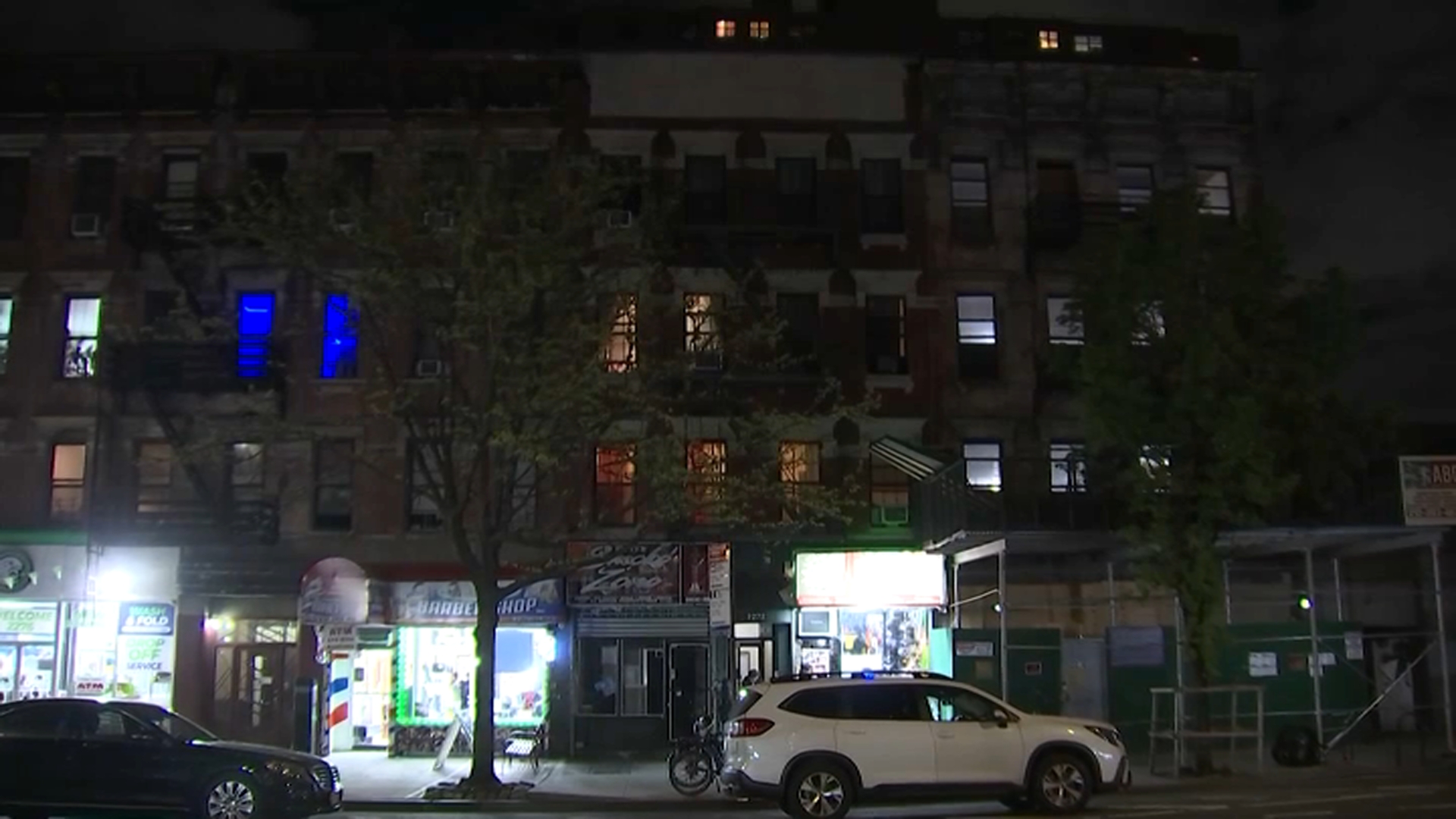A former radical who drove a getaway car during a Brinks armored car robbery that led to the deaths of two police officers and a security guard will be eligible for parole next year after Gov. Andrew Cuomo commuted her sentence on Friday.
Judith Clark, a former Weather Underground member, has served 35 years of a 75-years-to-life sentence for her role in the robbery at a mall in suburban Rockland County.
The commutation from will allow Clark, 67, to appear before the Board of Parole in early 2017. Under her previous sentence, she would not have been eligible for parole consideration until she was 106.
In announcing the decision, the Democratic governor's office noted that Clark "received one of the longest sentences of her six co-defendants, the majority of whom are either deceased or no longer in custody" and "received the same sentence as one of the known shooters."
Cuomo's office also said Clark has been a model prisoner, tutoring other inmates, training service dogs and founding an HIV/AIDS education program while behind bars.
But the governor's decision outraged Michael Paige, whose father, Brinks security guard Peter Paige, was killed in the $1.6 million holdup. Less than an hour after Paige's killing, two Nyack police officers, Waverly Brown and Sgt. Edward O'Grady, stopped a truck at a roadside checkpoint and were killed in an ambush.
Michael Paige said 35 years isn't enough time for Clark - "No. It's never enough time."
Local
"For Governor Cuomo to even think of commuting the sentence of a triple murderer who murdered police officers and my father - that, to me, is the gravest form of injustice to these three men, who were killed standing their ground and protecting us," Paige said by phone.
The Weather Underground was a 1960s group of increasingly violent anti-war activists. Clark, at the time of her trial, called herself a freedom fighter, insisted on representing herself and then refused to go to court, remaining in a cell.
In a 2002 sworn statement, she expressed regret and said she had rejected her radical beliefs.
Ann Jacobs, director of the John Jay College of Criminal Justice's Prisoner Reentry Institute, said the commutation reflects the value of "giving second chances, of recognizing that the measure of a person is more than the worst they have done, but what they have done to learn from their mistakes and to give back."
Also Friday, Cuomo pardoned 101 New Yorkers who committed nonviolent crimes as 16- and 17-year-olds Friday in an effort to help them overcome the stigma of conviction and give them a "second chance to live up to their full potential."
Those receiving pardons have had clean records for at least 10 years. The pardons may be withdrawn if they reoffend.
"These New Yorkers have spent at least a decade proving their rehabilitation," said Cuomo, a Democrat. "...With these actions, we have taken one more step toward a more just, more fair and more compassionate New York for all."
Last year Cuomo announced plans to issue conditional pardons for 10,000 former nonviolent juvenile offenders. The pardons announced Friday are the first round.
Cuomo also voiced his continued support for legislation that would end the state's practice of prosecuting and incarcerating 16- and 17-year-old defendants as adults. New York and North Carolina are the only states with such a policy.



